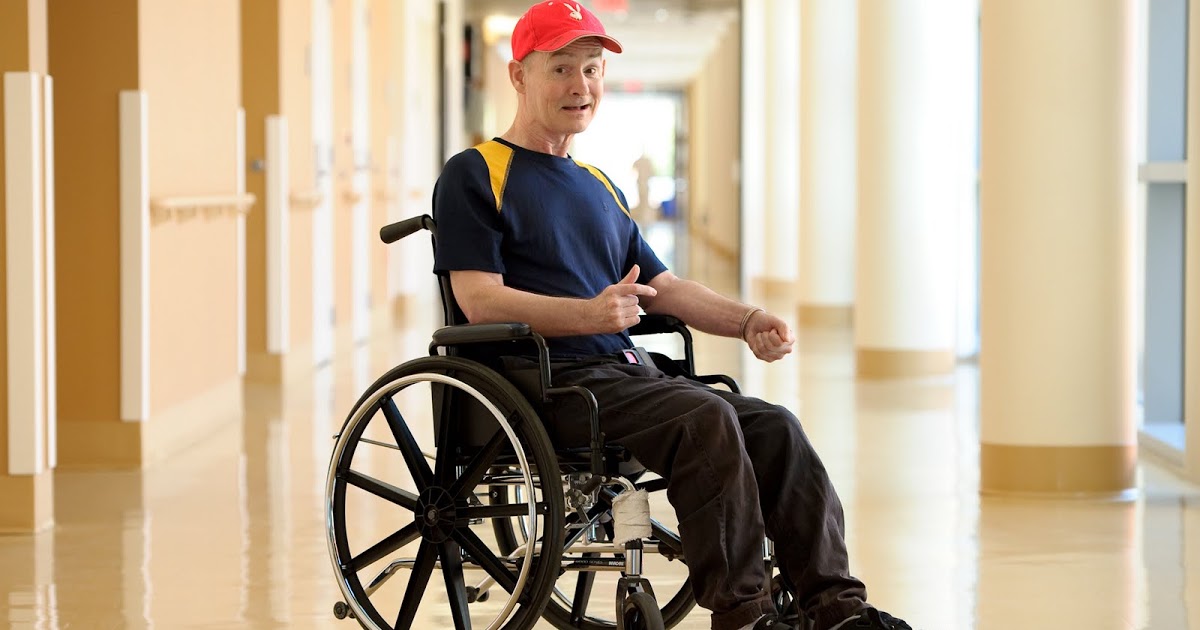Understanding Huntington's Disease
Therapies Used To Manage Symptoms

There are multiple therapies used to manage the symptoms of Huntington's disease. A psychotherapist can help patients manage their behavioral issues, develop strategies for coping, and manage their expectations throughout the disease's progression. They can also make sure family members communicate effectively. Speech therapists can help improve a patient's ability to speak and also teach them to use communication devices like boards with pictures. They can also help patients with difficulties in the muscles used for swallowing and eating.
Physical therapists teach Huntington's disease patients safe and appropriate exercises to help with coordination, balance, strength, and flexibility, so they can maintain their mobility for as long as possible. They can also help patients learn to use mobility devices properly. Finally, occupational therapists can help patients with new strategies and assistive devices for doing day-to-day tasks.
Managing Life With Huntington's Disease

Living with Huntington's disease is demanding, and as the disease progresses, the patient becomes increasingly dependent on their caregivers. Some issues to address and strategies to help with coping include eating and nutrition, managing cognitive and psychiatric disorders, and planning for residential and end-of-life care. Individuals with Huntington's disease often have difficulty maintaining a healthy body weight because of difficulty eating and physical exertion or unknown metabolic issues, so may require more than three meals a day and dietary supplements to receive adequate nutrition.
Caregivers should create a peaceful environment for the patient and employ strategies such as calendars and schedules for a routine, breaking down tasks into manageable steps, and avoiding known stressors. Residential and end-of-life care should be anticipated in the advanced stages of Huntington's disease and issues to address may include care facilities, hospice care, living wills, and advance directives. There are numerous non-profit and government agencies to help patients and their families cope with the disease.
